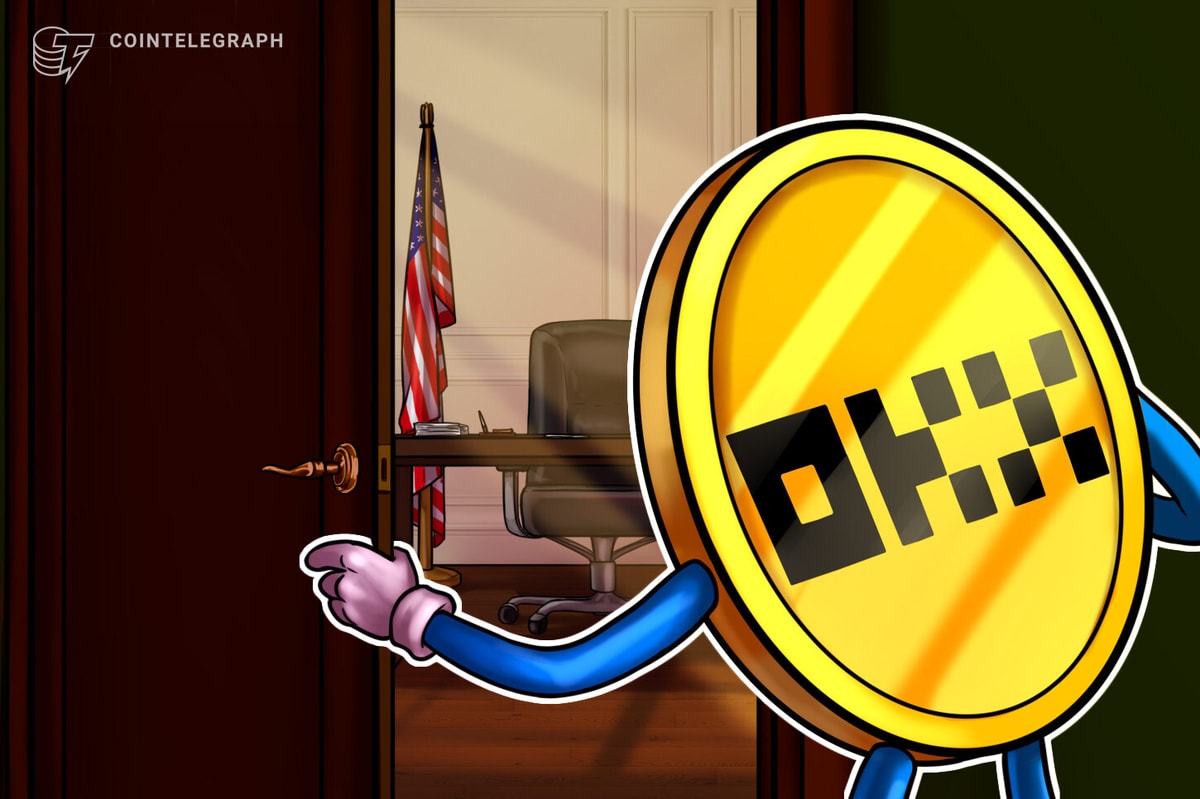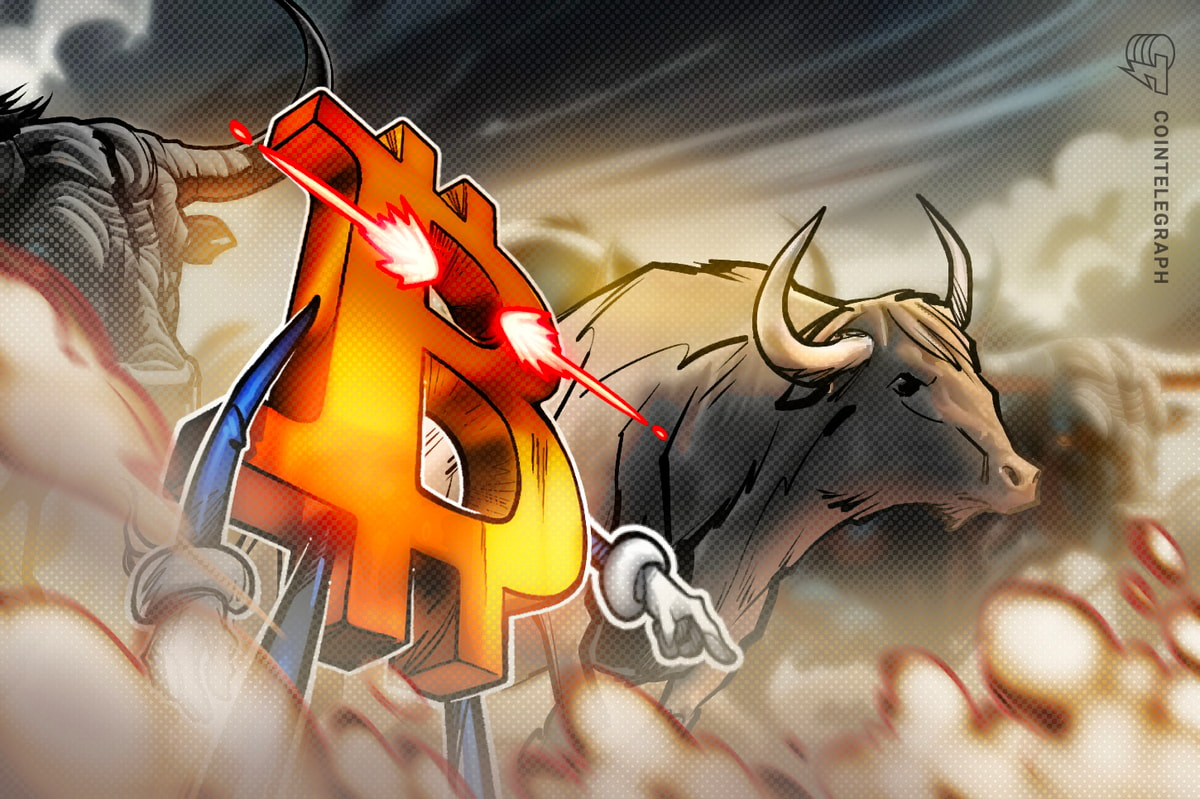
Based on the joint statements on Twitter this week from Binance CEO Changpeng “CZ” Zhao and FTX CEO Sam “SBF” Bankman-Fried, it seems clear that FTX has serious solvency problems — so dire that few in the market are willing to save it. As a result, FTX is turning to CZ as a prospective buyer.
After CZ exposed FTX’s problems earlier in the week by announcing his plan to dump $500 million of its FTX Token (FTT) on the market, the companies said on Nov. 8 that they had entered into a nonbinding agreement for Binance to purchase FTX. It’s a tentative deal that means Binance can withdraw at any time without facing any consequences, and I personally believe it is very unlikely the acquisition will ultimately be finalized.
While SBF is the sixth-largest individual political contributor in the United States — he gave a total of $39.8 million to the Democratic Party over the past year — it’s worth noting that the cash didn’t get FTX a license to operate in the United States. Owning FTX wouldn’t gain Binance any access to the market beyond what it already enjoys.
Related: Bankman-Fried misguides regulators by directing them away from centralized finance
From a market share and platform standpoint, FTX does not offer any unique value to Binance (as a company like Twitter might). For all the business units that FTX offers, Binance has competitors of equal or even greater quality, including spot and derivatives trading platforms, staking products, and the ecosystem of startups building on its platforms. (That could extend to include Solana, where FTX-funded startups compete with those on Binance’s BNB chain.) Binance will naturally win FTX’s clientele in the event that FTX fails, regardless of whether they make any deal.
The nonbinding agreement includes a due diligence period, which gives SBF a bit of breathing room to find other buyers on Wall Street. But the odds of that happening look increasingly slim with Binance involved, as prospective purchasers would be forced to keep the company afloat despite constant poking by CZ.
As part of Binance’s exit from FTX equity last year, Binance received roughly $2.1 billion USD equivalent in cash (BUSD and FTT). Due to recent revelations that have came to light, we have decided to liquidate any remaining FTT on our books. 1/4
— CZ Binance (@cz_binance) November 6, 2022
The reality is that FTX is already practically dead. Its FTT token is trading below $4, down roughly 80% since Nov. 7 — a period of just 24 hours. The company’s brand is beyond repair, and it will be exceedingly difficult to regain consumers’ trust.
As a result of FTX’s collapse, there are a few developments we might expect to see in the months and years ahead.
Exchanges will enter a consolidation phase: With FTX near death, Binance’s leading position is even more solidified. It will be hard to contest Binance’s leading status, and it’s likely that many small exchanges will fail due to the difficulty of gaining users’ trust. The exchange market is going to become more “oligopolistic” as a result.
Related: Bitcoin will surge in 2023 — but be careful what you wish for
There will be new opportunities for decentralized exchanges and lending: After a slew of major insolvency events this year — including Terraform Labs, Three Arrows Capital, Celsius Network and Alameda Research — the centralized lending business has lost people’s trust. Demand for “decentralized lending” will increase, ushering in long-term opportunities and innovation for decentralized finance (DeFi). This will lead to the disappearance of most centralized lending businesses.
Regulation will be strengthened: Countries will have more comprehensive and detailed regulations in terms of regulatory acts, financial licensing and investor protection, and will focus on strengthening the regulation of centralized exchanges and DeFi, with 2023 being the first year of regulation.
Cryptocurrency will have more guardrails: The industry will bid farewell to the era of barbaric unregulated growth, and asset management institutions in the industry will generally implement a set of strict risk control systems and complete audits to keep their companies running under a healthy, transparent, open balance sheet. They’ll be more active in seeking compliance licenses, and the overall industry will develop in a more benign direction.
Hopefully, all of this will result in the next “crypto summer” coming very soon.
Gracy Chen is the managing director of Bitget, a cryptocurrency exchange headquartered in Singapore. She was previously an executive at XRSpace, a virtual reality technology company, and also worked for Phoenix Television, one of the largest media conglomerates in China, as an anchor and producer for its technology and finance channel. She graduated from the National University of Singapore and is pursuing an MBA at the Massachusetts Institute of Technology.
This article is for general information purposes and is not intended to be and should not be taken as legal or investment advice. The views, thoughts and opinions expressed here are the author’s alone and do not necessarily reflect or represent the views and opinions of Cointelegraph.
Read More: cointelegraph.com









 Bitcoin
Bitcoin  Ethereum
Ethereum  Tether
Tether  XRP
XRP  Solana
Solana  USDC
USDC  TRON
TRON  Dogecoin
Dogecoin  Cardano
Cardano  Lido Staked Ether
Lido Staked Ether  Wrapped Bitcoin
Wrapped Bitcoin  LEO Token
LEO Token  Avalanche
Avalanche  Chainlink
Chainlink  USDS
USDS  Stellar
Stellar  Toncoin
Toncoin  Shiba Inu
Shiba Inu  Sui
Sui  Wrapped stETH
Wrapped stETH  Hedera
Hedera  Bitcoin Cash
Bitcoin Cash  Litecoin
Litecoin  Polkadot
Polkadot  Binance Bridged USDT (BNB Smart Chain)
Binance Bridged USDT (BNB Smart Chain)  Bitget Token
Bitget Token  Hyperliquid
Hyperliquid  Ethena USDe
Ethena USDe  WETH
WETH  Pi Network
Pi Network  Monero
Monero  WhiteBIT Coin
WhiteBIT Coin  Wrapped eETH
Wrapped eETH  Dai
Dai  OKB
OKB  Coinbase Wrapped BTC
Coinbase Wrapped BTC  Uniswap
Uniswap  Pepe
Pepe  Aptos
Aptos  Gate
Gate  Tokenize Xchange
Tokenize Xchange  Ondo
Ondo  sUSDS
sUSDS  BlackRock USD Institutional Digital Liquidity Fund
BlackRock USD Institutional Digital Liquidity Fund  NEAR Protocol
NEAR Protocol  Mantle
Mantle  Internet Computer
Internet Computer  Ethereum Classic
Ethereum Classic  Cronos
Cronos